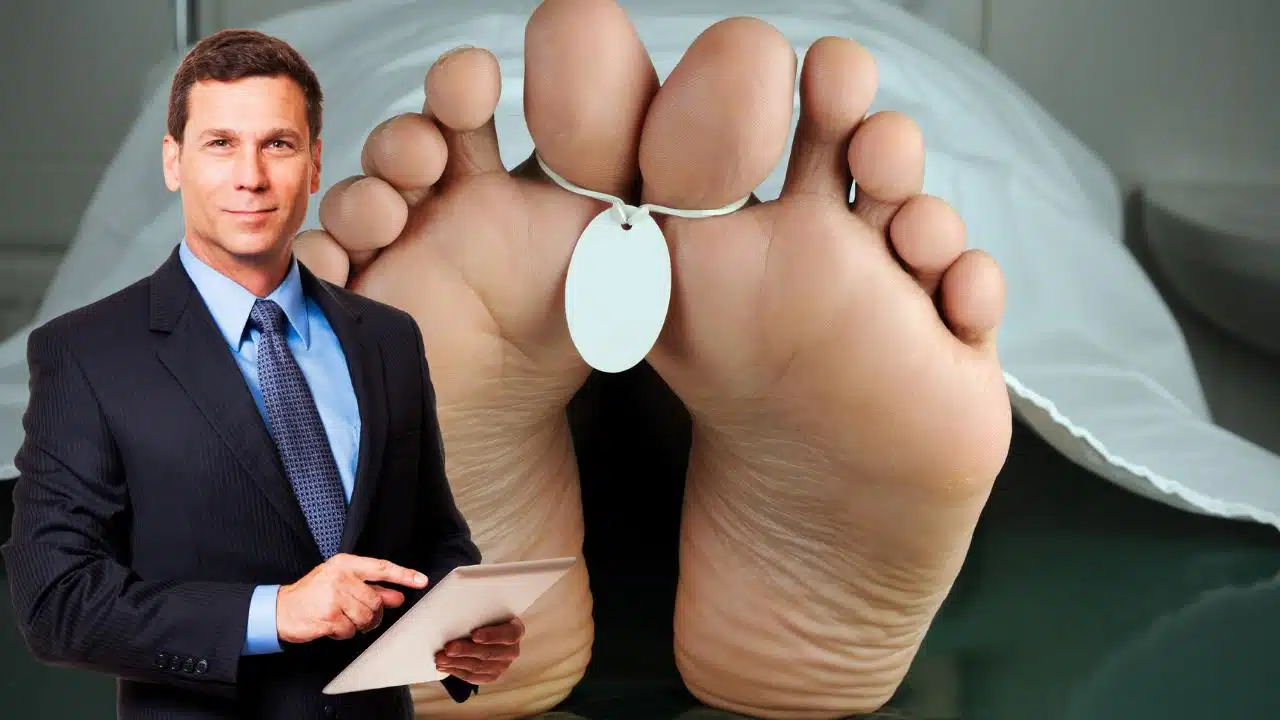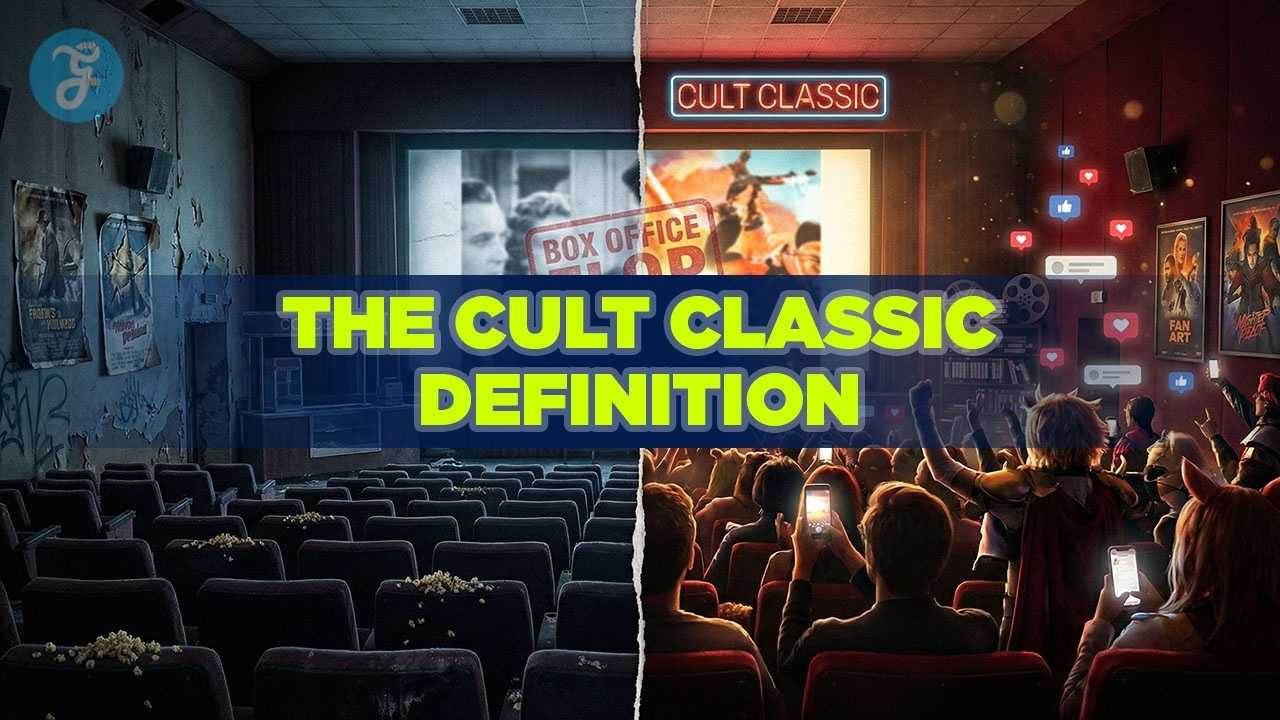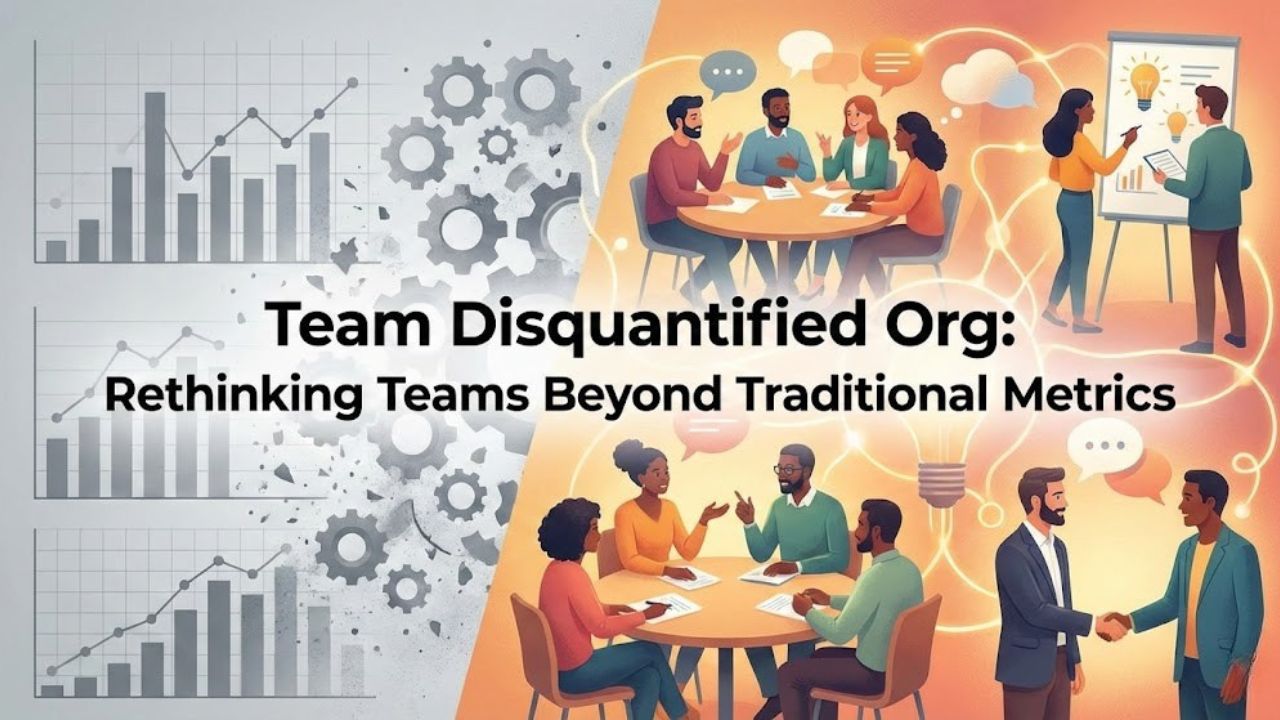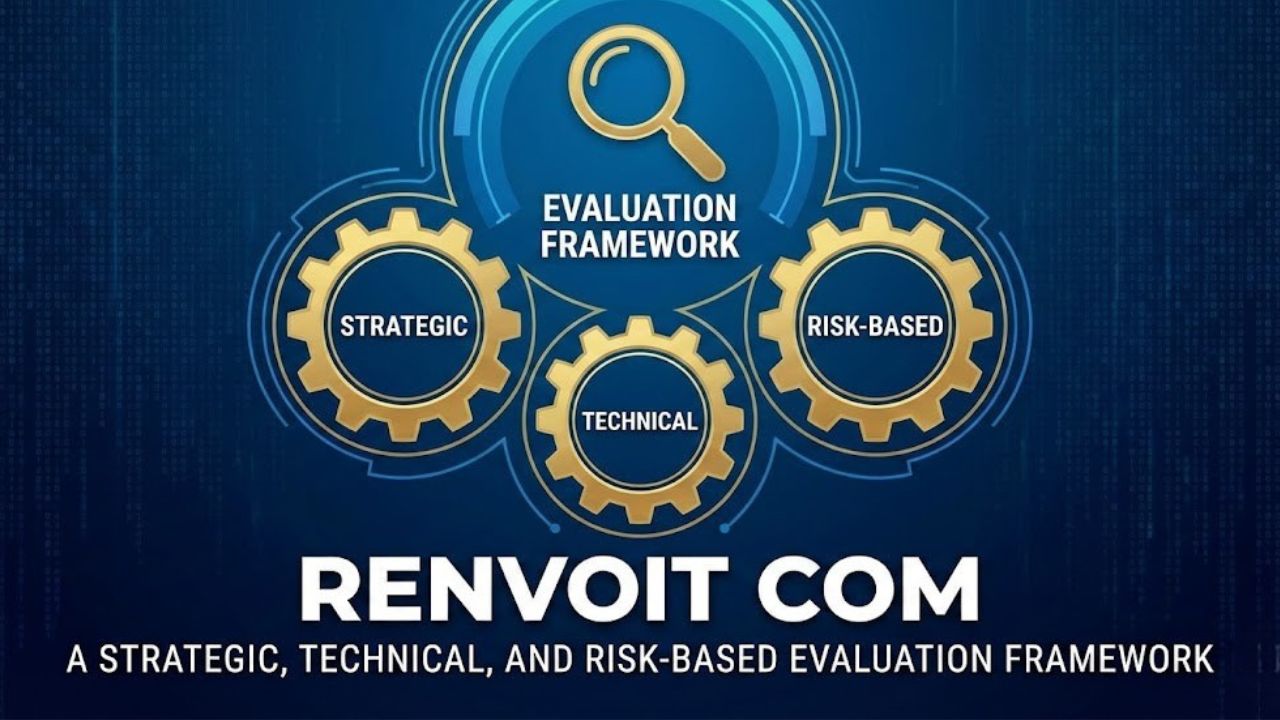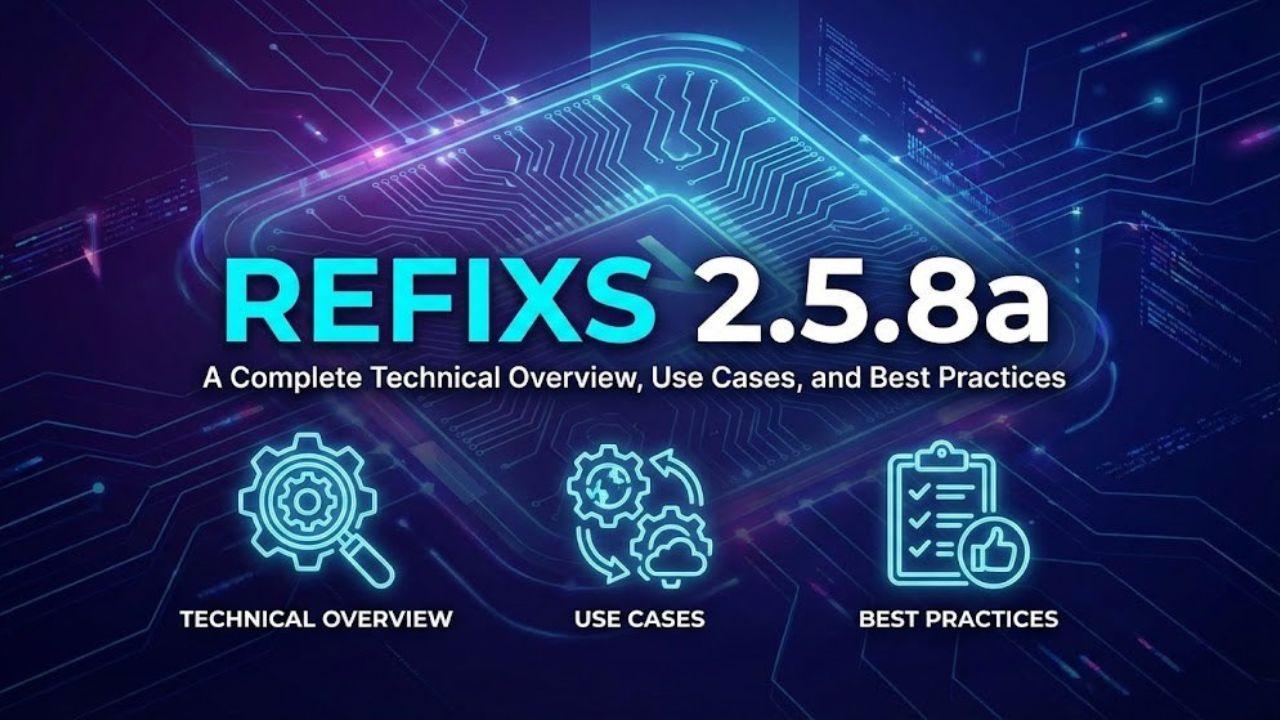The loss of a loved one is an intensely painful experience, a wound that time slowly attempts to heal. When that loss is sudden and unexpected, the grief can be compounded by confusion and anger, particularly if negligence played a role in the death.
In these devastating circumstances, a wrongful death attorney steps into a crucial role, acting as a beacon of hope and a relentless advocate for the bereaved family. These legal professionals navigate the complex legal landscape to seek justice for the deceased and provide a measure of financial security for those left behind, often working in concert with experts who also handle cases involving New Jersey catastrophic injury attorneys.
The Unbearable Loss: Understanding Wrongful Death
Wrongful death is a legal term that describes a death caused by the negligence, recklessness, or intentional act of another party. It encompasses a wide range of scenarios, from fatal car accidents caused by drunk drivers to deaths resulting from medical malpractice, defective products, or unsafe premises. Unlike other areas of personal injury law where the injured party themselves pursues legal action, a wrongful death claim is brought by the surviving family members on behalf of the deceased’s estate and for their own losses.
The Legal Framework: Who Can File a Wrongful Death Claim?
State laws dictate who has the legal standing to file a wrongful death lawsuit. Typically, this includes the deceased person’s spouse, children, parents, and sometimes other dependent relatives. The specific rules and the order of priority among these beneficiaries can vary significantly depending on the jurisdiction. A knowledgeable wrongful death attorney will be well-versed in the applicable state laws and can guide the family through the complexities of establishing legal standing.
Establishing Negligence: The Cornerstone of a Wrongful Death Case
Similar to other negligence-based claims, proving wrongful death requires establishing four key elements: duty of care, breach of duty, causation, and damages. The defendant must have owed a duty of care to the deceased (for example, a driver owes a duty of care to other road users). There must have been a breach of that duty (such as speeding or driving under the influence). This breach must have directly caused the death, and the surviving family must have suffered damages as a result of the loss. Gathering compelling evidence to establish these elements is a primary responsibility of the wrongful death attorney.
Investigating the Circumstances: Uncovering the Truth Behind the Fatality
A thorough investigation is paramount in any wrongful death case. The attorney will meticulously gather evidence, which may include police reports, witness statements, medical records, employment history, and expert opinions. For instance, in a case involving a fatal car accident, accident reconstruction experts might be called upon to analyze the crash scene and determine the cause. In a medical malpractice case leading to death, medical experts will review the deceased’s medical records to assess whether the healthcare providers deviated from the accepted standard of care. This detailed investigation aims to uncover the truth behind the fatality and build a strong case against the responsible party.
The Role of a Personal Injury Attorney in Wrongful Death Cases
While wrongful death cases have their own specific legal nuances, they often fall under the broader umbrella of personal injury law. Therefore, a personal injury attorney New Jersey with experience in wrongful death claims possesses the foundational legal knowledge and litigation skills necessary to handle these sensitive cases effectively. Their understanding of negligence principles, evidence gathering, and negotiation strategies is invaluable in pursuing justice for the deceased and their family.
Seeking Justice: Holding Negligent Parties Accountable
The primary goal of a wrongful death lawsuit is to hold the negligent party accountable for their actions that resulted in the loss of life. This accountability can take various forms, including a financial settlement or a judgment awarded after a trial. While no amount of money can truly compensate for the loss of a loved one, seeking justice can provide a sense of closure for the family and potentially prevent similar tragedies from occurring in the future.
Navigating the Emotional Landscape: Providing Support to Grieving Families
Beyond the legal complexities, a wrongful death attorney also plays a vital role in providing emotional support and guidance to grieving families. They understand the immense pain and distress that their clients are experiencing and strive to handle the legal process with sensitivity and compassion. By taking on the burden of legal proceedings, they allow the family to focus on healing and supporting each other during an incredibly difficult time.
Damages in a Wrongful Death Claim: Seeking Financial Security for the Future
The types of damages recoverable in a wrongful death lawsuit vary by state but often include compensation for: the deceased’s medical expenses prior to death, funeral and burial costs, loss of the deceased’s future earnings and benefits, loss of the deceased’s love, companionship, and guidance, and the pain and suffering of the surviving family members. Catastrophic injury attorneys, who often deal with the long-term financial needs of severely injured individuals, can also provide insights into the economic losses associated with a premature death.
The Statute of Limitations: Acting Promptly to Preserve Your Rights
Like all legal claims, wrongful death lawsuits are subject to statutes of limitations, which are deadlines for filing a case. These time limits can vary depending on the state and the specific circumstances of the death. Failing to file a lawsuit within the applicable statute of limitations can forever bar the family from seeking justice. Therefore, it is crucial to consult with a wrongful death attorney as soon as possible after a fatal incident to ensure that legal rights are protected.
Negotiation and Settlement: Seeking Resolution Outside of Court
While some wrongful death cases proceed to trial, many are resolved through negotiation and settlement. A skilled wrongful death attorney will engage in settlement discussions with the responsible party’s insurance company or legal counsel, advocating fiercely for the family’s right to fair compensation. They will carefully evaluate any settlement offers and advise their clients on whether to accept or proceed with litigation.
Litigation: Presenting the Case in Court
If a fair settlement cannot be reached, the wrongful death attorney will prepare the case for trial. This involves gathering and presenting evidence, deposing witnesses, and arguing the case before a judge or jury. Having a seasoned trial attorney who is experienced in handling wrongful death cases is essential to effectively present the family’s story and pursue the maximum possible compensation.
The Intersection with Catastrophic Injury Cases: Preventing Fatal Outcomes
Attorneys who handle catastrophic injury cases often witness firsthand the devastating consequences of negligence that, in other circumstances, might have resulted in a fatality. Their experience in dealing with severe injuries and their long-term impacts can provide valuable insights in wrongful death cases, particularly when assessing the pain and suffering endured by the deceased prior to their death.
Finding Compassionate Advocacy with a Wrongful Death Attorney
When negligence turns deadly, the path forward for grieving families can feel overwhelming and uncertain. In these darkest of times, a compassionate and experienced New Jersey wrongful death attorney serves as a vital ally, offering legal expertise, unwavering advocacy, and crucial emotional support.
By meticulously investigating the circumstances, building a strong legal case, and relentlessly pursuing justice, these legal professionals help families navigate the complexities of the legal system and seek accountability for the preventable loss of their loved ones, often collaborating with those who understand the intricacies of catastrophic injury claims. Their dedication ensures that the voices of the deceased are heard and that surviving families can begin to rebuild their lives with a measure of financial security and a sense that justice has been served.


